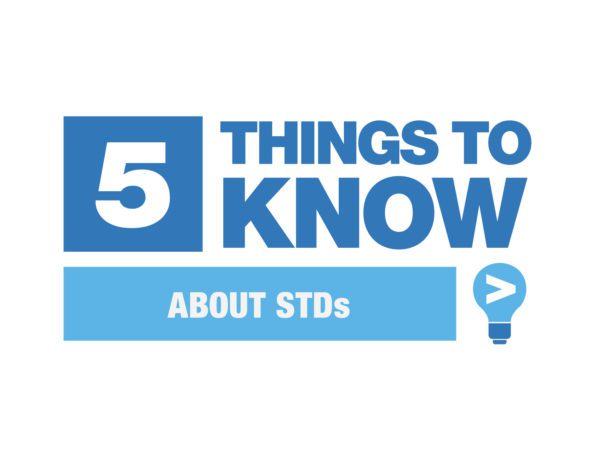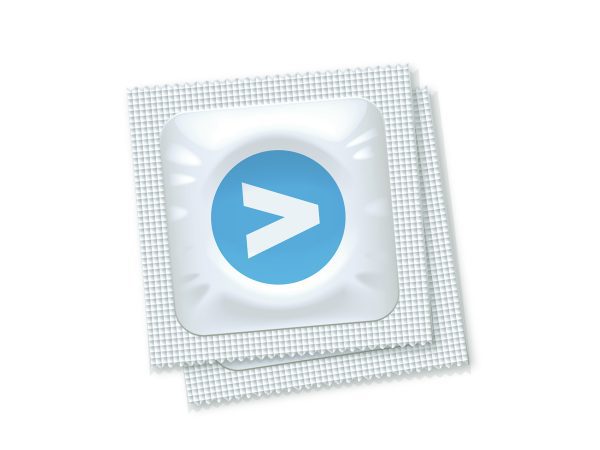Trichomoniasis
Trichomoniasis is a very common STD. Sometimes called “trich” for short. It often does not show any symptoms. Trich is usually not serious. Once diagnosed, it is easily cured with antibiotics.
Find STD Testing Near You
Click on a question below to learn more about trichomoniasis.
- How do you get trich?
- What are the symptoms of trich?
- What's involved in trich testing?
- How do you treat trich?
- What happens if trich is not treated?
How do you get trich?
Trich is caused by a tiny parasite (you cannot see it with the naked eye) called a trichomonas. It is transmitted when semen (cum), pre-cum, or vaginal fluids get on or inside the penis, vulva, or vagina.
Trich is often transmitted during vaginal sex, but can also be passed by vulva-to-vulva contact, sharing sex toys, and touching your own or your partner’s genitals if you have infected fluids on your hand. Trich can easily infect the vulva, vagina, penis, and urethra, but it usually does not infect other body parts (like the mouth or anus).
When used consistently and correctly, condoms protect against trich and many other STDs.
What are the symptoms of trich?
Like most STDs, trich often does not show any symptoms. The only way to know is to get tested.
When symptoms do appear it is usually three days to a month after infection and can be barely noticeable, or really painful and irritating. It is common for the symptoms to come and go, but that doesn’t mean the infection went away.
If trich does cause symptoms, the most common one is vaginitis, which is when the vulva or vagina is irritated. Signs of trich can also include irritation and itching, smelly discharge, or painful or frequent peeing. Trich is very unlikely to cause symptoms in men.
What's involved in trich testing?
There are different tests for trich. It can be as simple and easy as peeing in a cup. Some health providers might use a genital swab (like a big Q-tip) to take cell samples from your penis or vagina. The samples are then tested for trich.
To find free and low-cost STD testing near you, go to greaterthan.org/services.
How do you treat trich?
Trich can be easily cured with antibiotics prescribed by a healthcare provider.
It is important to complete the full treatment, as prescribed by your healthcare provider, even if symptoms go away sooner. The infection stays in your body until you finish the antibiotics. Also, do not share your medicine with anyone or take someone else’s.
Some healthcare providers may give a separate dose of antibiotics for your partner(s) so you do not re-infect each other or anyone else. Do not have sex until you’ve finished treatment.
Get tested again in 3-4 months to make sure the infection is gone and you were not re-exposed.
What happens if trich is not treated?
Trich is usually not serious and can be cured in most cases. But if you don’t get treated for trich, you can pass the infection to your partners – even if you don’t have symptoms.
If you have trich during your pregnancy and do not treat it, the baby may be born early or at a low birth weight.
The information on this page is adapted from the CDC and Planned Parenthood.
Getting Tested
HIV and other STD testing is available at most doctor’s offices and health clinics. Many health departments also offer testing. It’s fast, easy and most people pay little or nothing.

